Science at UM [S02-ep23]: From antibiotic resistance to satellite assembly
This week on A l’UM la science, Stéphanie Bedhomme, a researcher at the Center for Functional and Evolutionary Ecology, talks to us about the distribution of antibiotic resistance genes. In the second part, Romain Briand assembles a satellite at the university space center. Finally, Agnès Pesenti, head of scientific culture, announces the next Science Bar.
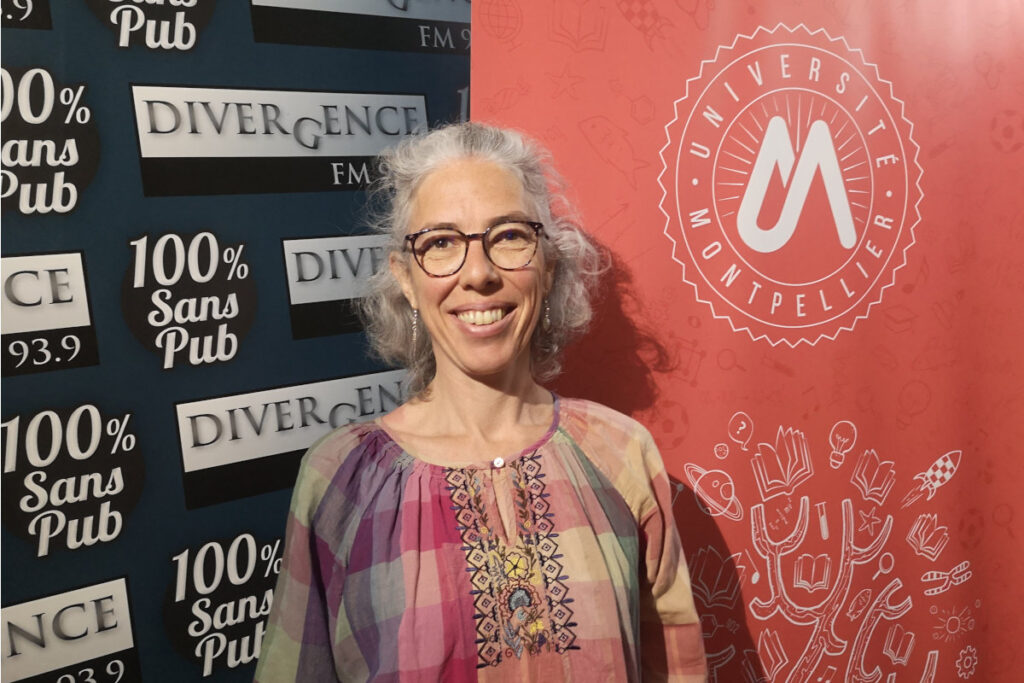
It was over ten years ago, but I remember it as if it were yesterday. That day, my doctor told me that the antibiotic I had been using to treat chronic pyelonephritis was no longer working. Being allergic to penicillin, my therapeutic options were significantly reduced, causing, as I could see from my doctor's face, serious concern. My situation was finally resolved when it was discovered that I had never actually been allergic to penicillin, but the question remained: what would happen if antibiotics no longer worked? Could I have died from pneumonia, cystitis, or even a simple dental infection?
Today, antibiotic resistance causes around 12,500 deaths in France and 33,000 in Europe. According to the French National Authority for Health, it could become the leading cause of death worldwide by 2050, with more than 10 million deaths per year if nothing is done between now and then. Incidentally, despite a slight decline over the past ten years, France remains one of the largest consumers of antibiotics. Could this excessive consumption play a role in the development of resistance? Are we more affected than our European, African, or American neighbors? Are there other factors that could explain the increase in resistance? That's our topic for today.
A study published in the journal elifeprovides new insights into the global distribution of genes resistant to a category of antibiotics and offers some ideas for controlling this phenomenon, which could cause the most serious health crisis of the coming decades. Stéphanie Bedhomme, a researcher at CEFE (Center for Functional and Evolutionary Ecology) and one of the two authors of this paper entitled "Ecology, more than antibiotic consumption, is the main predictor of the global distribution of aminoglycoside-modifying enzymes."
Read also:
CNRS press release: Understanding the factors behind the spread of antibiotic resistance in order to better curb it
In the second part of the program, we take you to the clean room at the Montpellier University Space Center. Wearing a lab coat and hairnet, Romain Briand, engineer and AIT (assembly, integration, and testing) manager, tells us a little more about how a satellite is assembled. Finally, Agnès Pesenti, head of scientific culture, will talk to us about the latest Science Bar, which will take place on May 25 at 8:30 p.m. at Le Dôme.
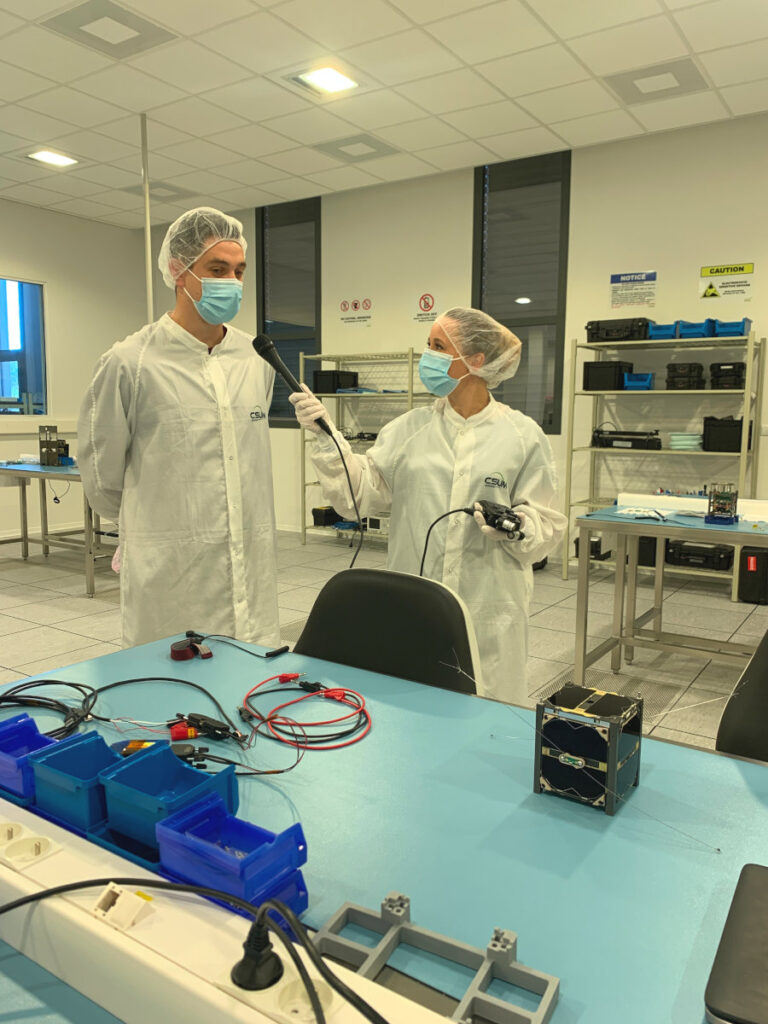
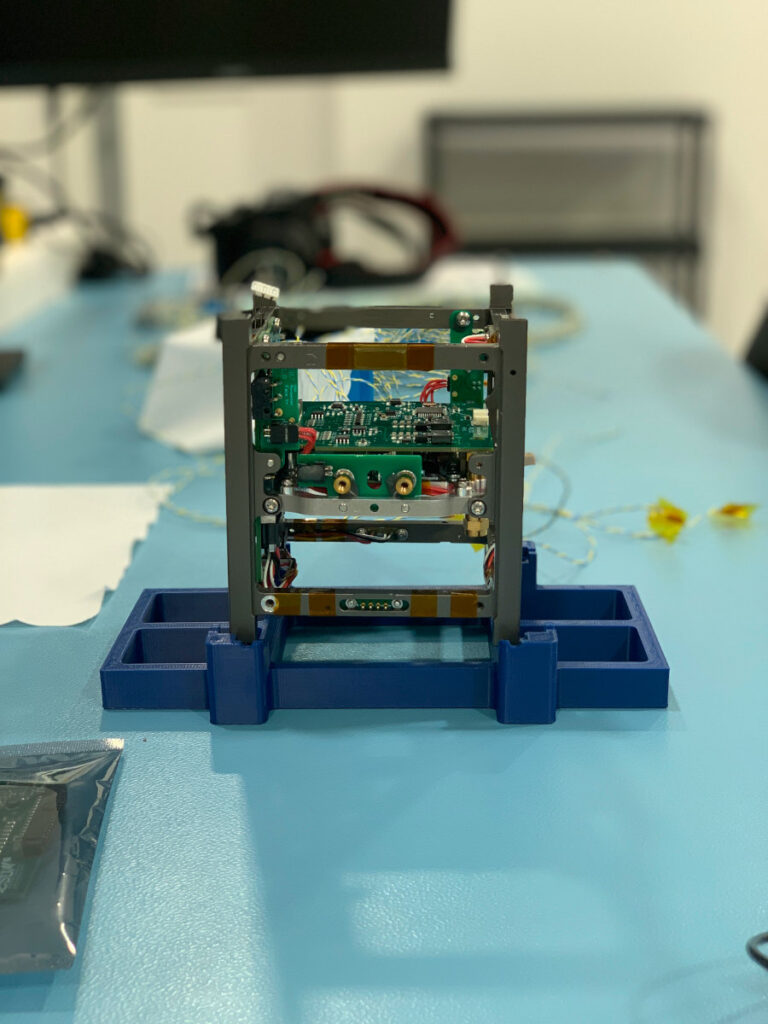
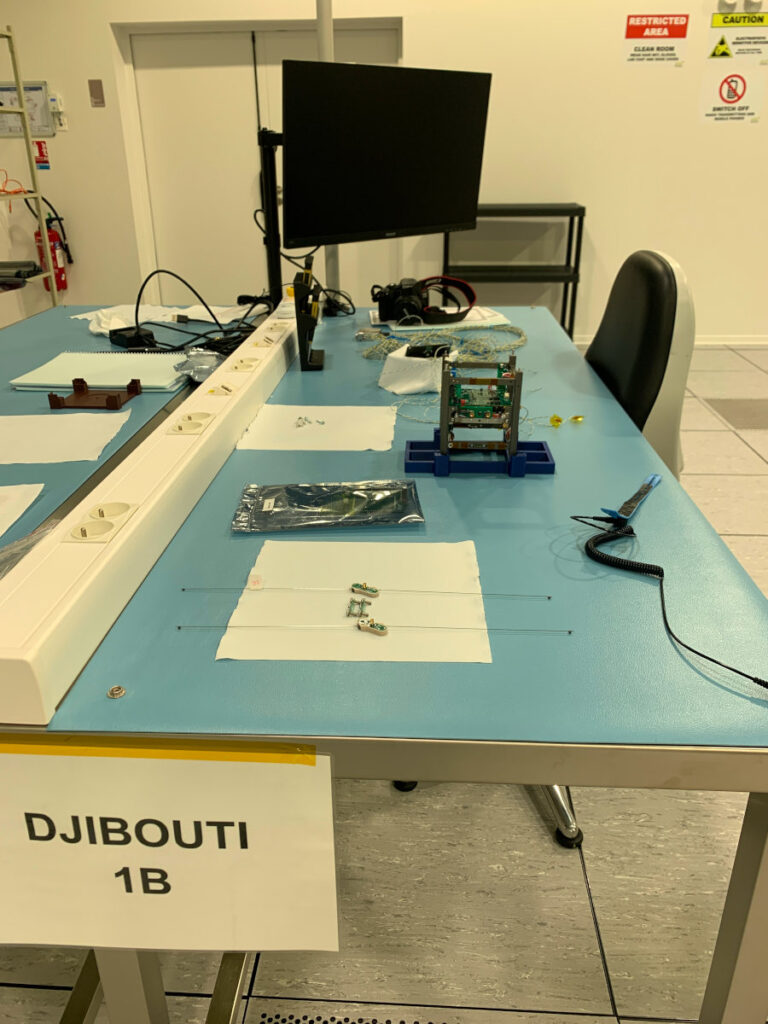
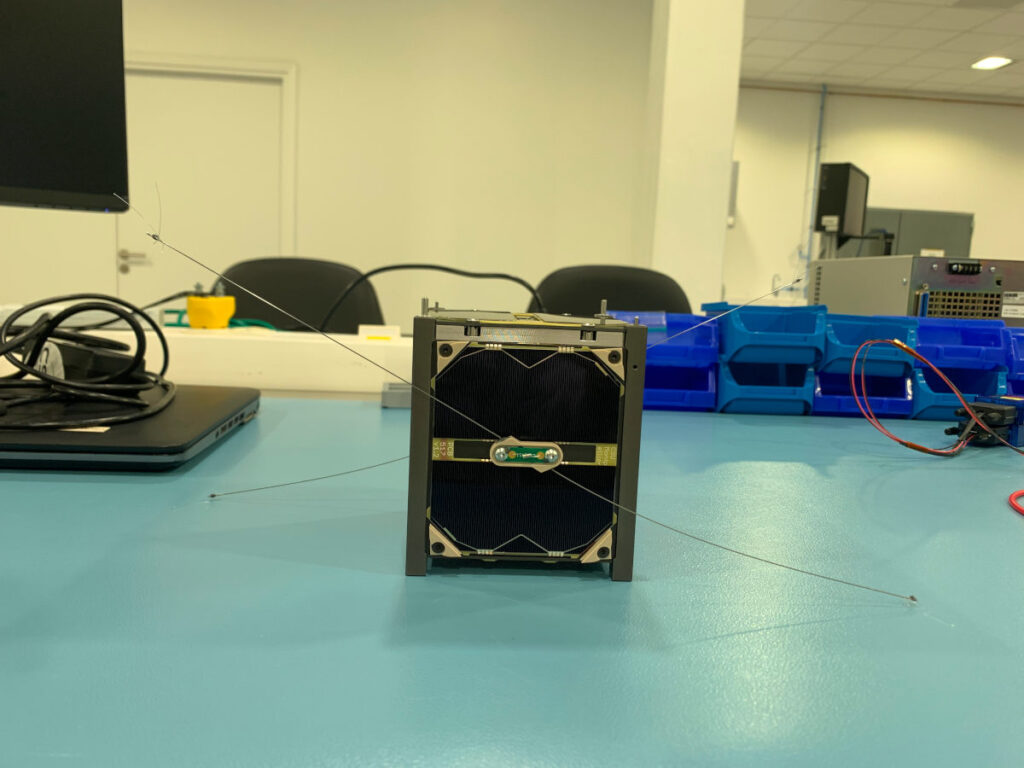
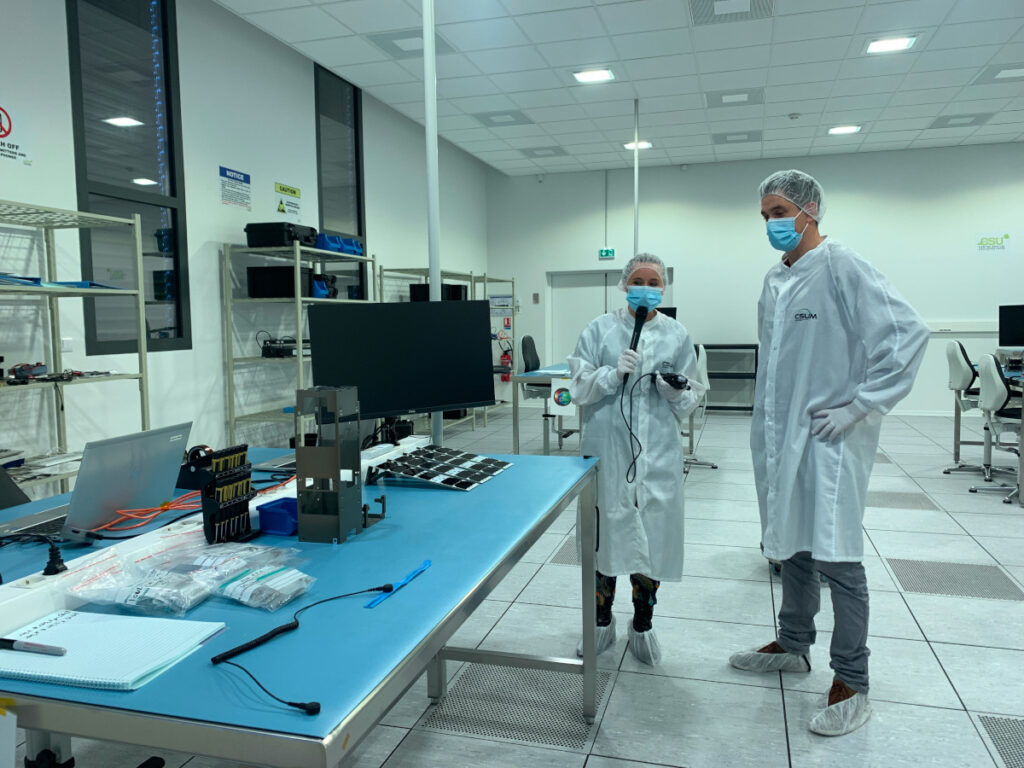
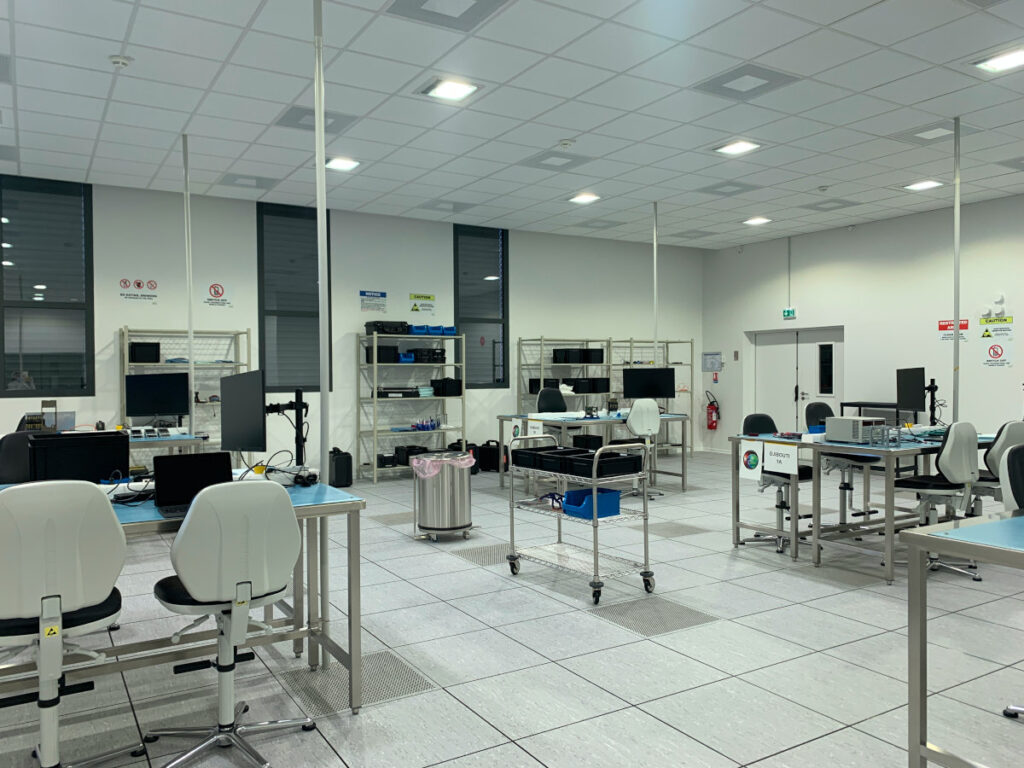
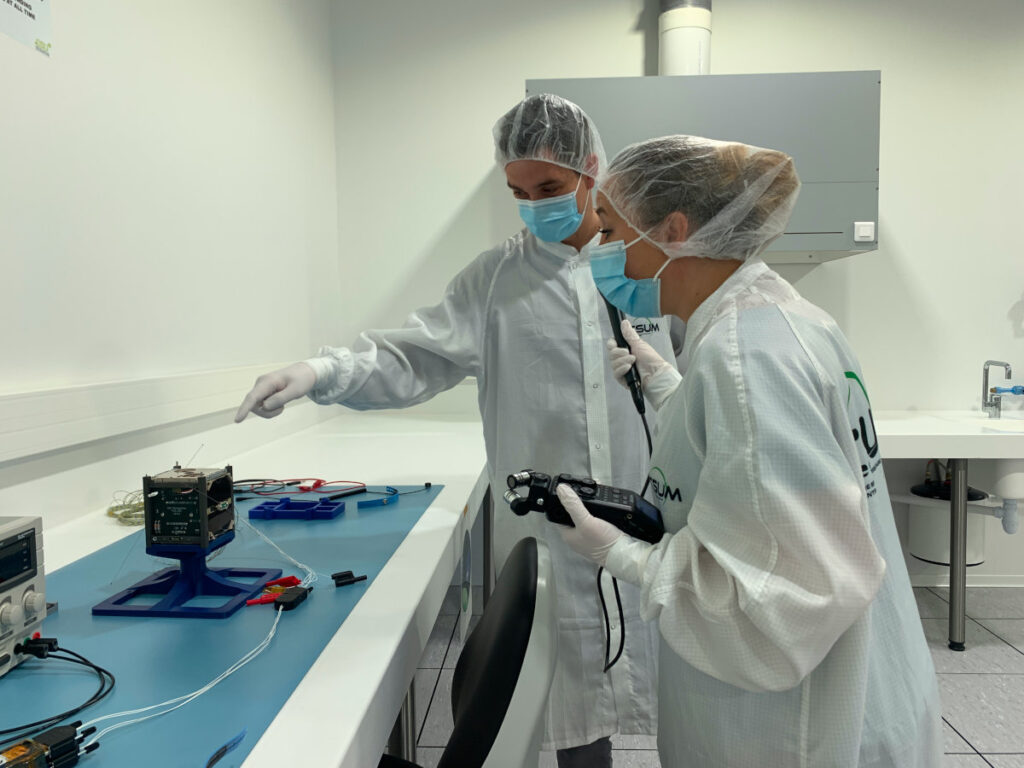
At UM Science, you have the program, so let's get started!
Co-production: Divergence FM / University of Montpellier
Host: Lucie Lecherbonnier
Interview: Lucie Lecherbonnier / Aline Périault
Reporting and editing: Lucie Lecherbonnier
Production: Naomi Charmetan
Listen to the program “A l’UM la science” on Divergence FM 93.9

Find UM podcasts now available on your favorite platform (Spotify, Deezer, Apple Podcasts, Amazon Music, etc.).